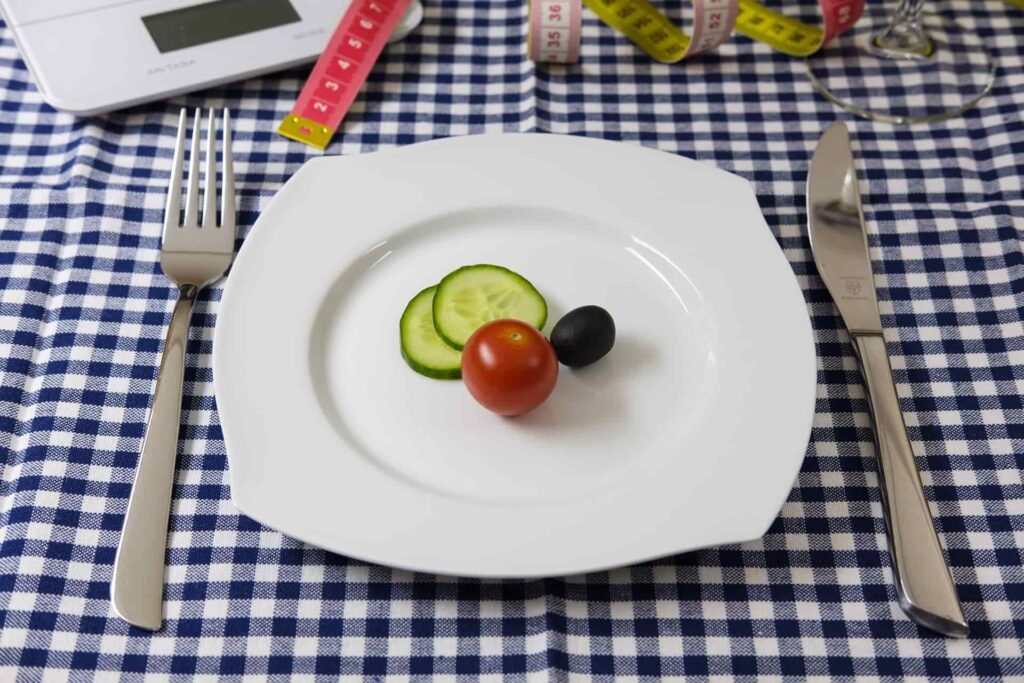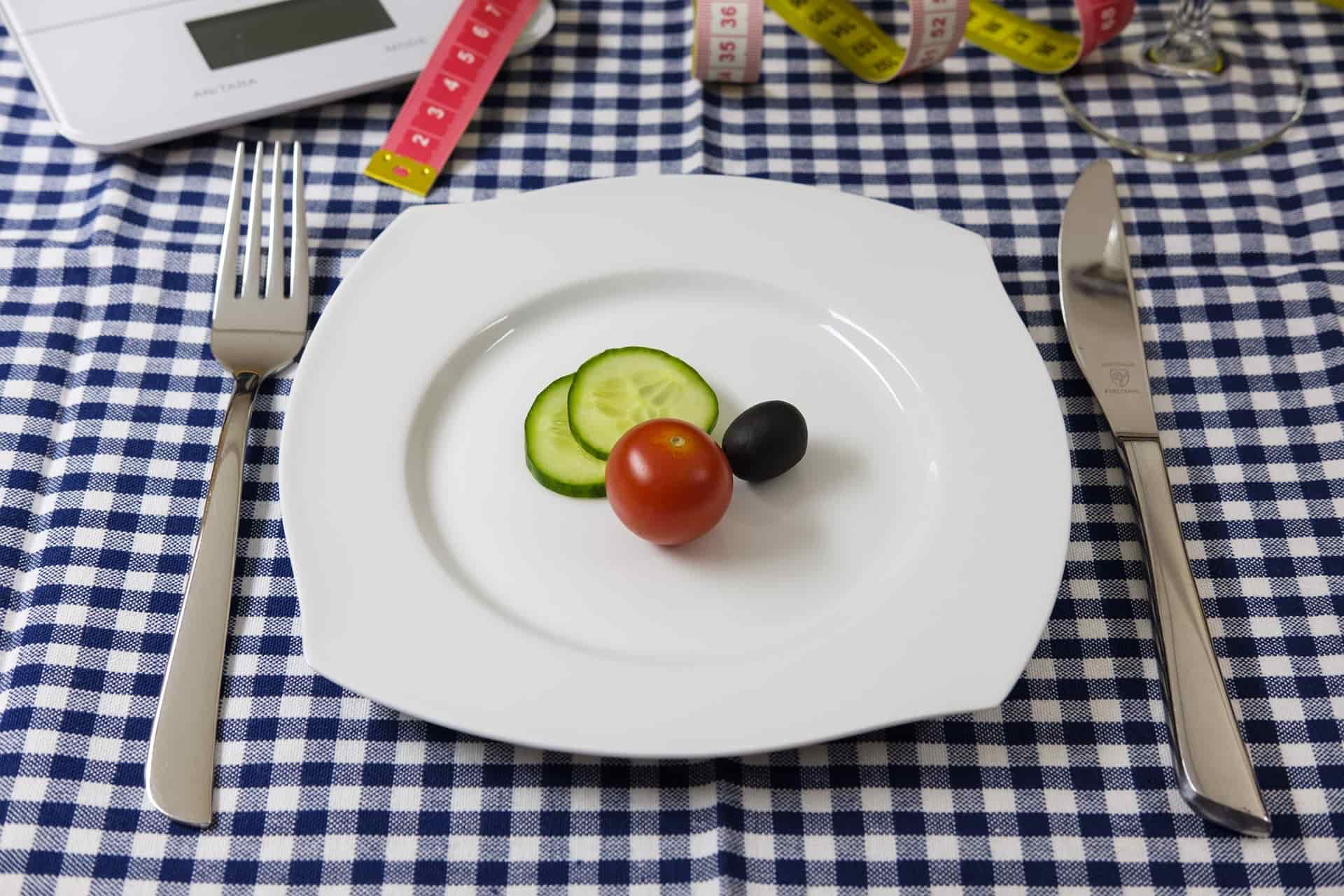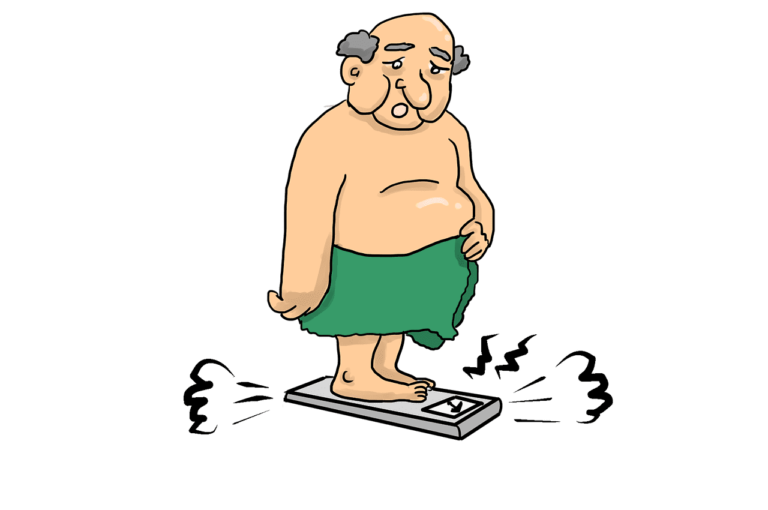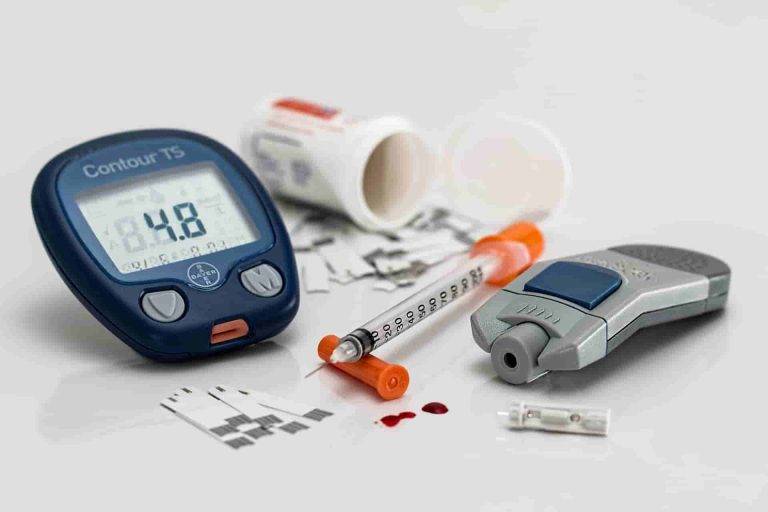LOW FAT DIET: How effective is it?
In the low fat diet, fat is largely avoided in the daily menu. But what is really behind the principle – and how useful is it?
Low Fat Diet: What Is It?
With nine calories per gram, fat provides around twice as much energy as protein or carbohydrates. Low-fat supporters have drawn an apparently logical conclusion from this: Those who remove high-fat products from their menu will lose weight. The principle of a low-fat diet is therefore to reduce the fat calorie content or fat intake to 30 to 60 grams per day in order to get slim quickly.

The German Institute for Nutrition Research (DIFE) has established in the past that “Low Fat” is a rather vague term that leaves room for interpretation. Gentler versions of “Low Fat” allow all foods that have a general fat content of less than 30 percent. This includes, for example, Low Fat 30 . More radical variants require that fat make up no more than 30 percent of total calories per day. The reduction of fat consumption is also the basis of many diets such as the 5: 2 diet , the ideal diet, the Mediterranean diet and the Schroth cure. The German Nutrition Society (DGE) recommends consuming a maximum of 60 to 70 grams of fat per day.
What can I eat on a low-fat diet?
The following foods are allowed during the low-fat diet:
- vegetables
- fruit
- lean meat
- Low fat dairy products
- fish
- legumes
- Feelers like whole grain rice and noodles as well as bread and potatoes
Basically, foods that are high in fat are being cut and replaced with low-fat products. Instead of animal fats, vegetable fats and oils should be used. Instead of whole milk products, it’s better to choose the low-fat variant of milk or cheese. When preparing the food, care should be taken to save as many calories as possible: stewing, grilling or steaming are simple ways to eat according to the principles of the low-fat model and save on cooking fats.
What should I not eat?
You should avoid these foods in the low-fat diet:
- Fast food, for example pizza
- Ready-made products, for example microwave dishes
- Fatty sausage products such as salami
- Fatty dairy products such as cream or cheese
Advantages and disadvantages of the principle
The advantages:
The low-fat diet is suitable for everyday use and quite easy to implement, as it does not require counting calories or strict food bans.
If you eat less fat, you can prevent cardiovascular diseases, diabetes and strokes.
Since this weight-loss model focuses primarily on healthy mixed food and largely dispenses with animal fats, basically no deficiency symptoms are to be expected. On the contrary: the diet can be carried out for as long as you like.
Tips for experts: If you want to eat low fat in the long term, you should ensure that you consume sufficient vegetable fats and not slip below the minimum amount of 60 grams of fat per day recommended by the DGE.

The disadvantages:
The low-fat principle can be misinterpreted due to its vague terminology. So it is possible that the user may eat low-fat, but compensate this reduction with higher amounts of carbohydrates and sugar, which in turn is unhealthy.
In general, carbohydrates are grossly neglected in this nutritional model, which ultimately play a major role in the development of obesity.
Anyone who radically and thus unhealthily cuts fat from their menu must also expect a lack of essential fatty acids in the long term.
Low Fat or Low Carb – Which Is More Effective?
The principle of the low-fat diet has been around much longer than that of the low-carb diet. But which model (low-carbohydrate versus low-fat diet) actually works better for weight loss? A study published in Cell Metabolism Magazine shows that obese people lose more body fat with low fat, but with low carb they lose more weight overall.
In concrete terms: thanks to the nutrition plans, the low-carb test subjects lost three times more pounds than those who wanted to diet who ate according to the low-fat model. The fun factor exercise and sport did not play an essential role in the study. BUT: Low-fat test subjects stated that they hardly had any problems with fatigue, headaches or constipation. Low-carb advocates had much bigger problems with this.






